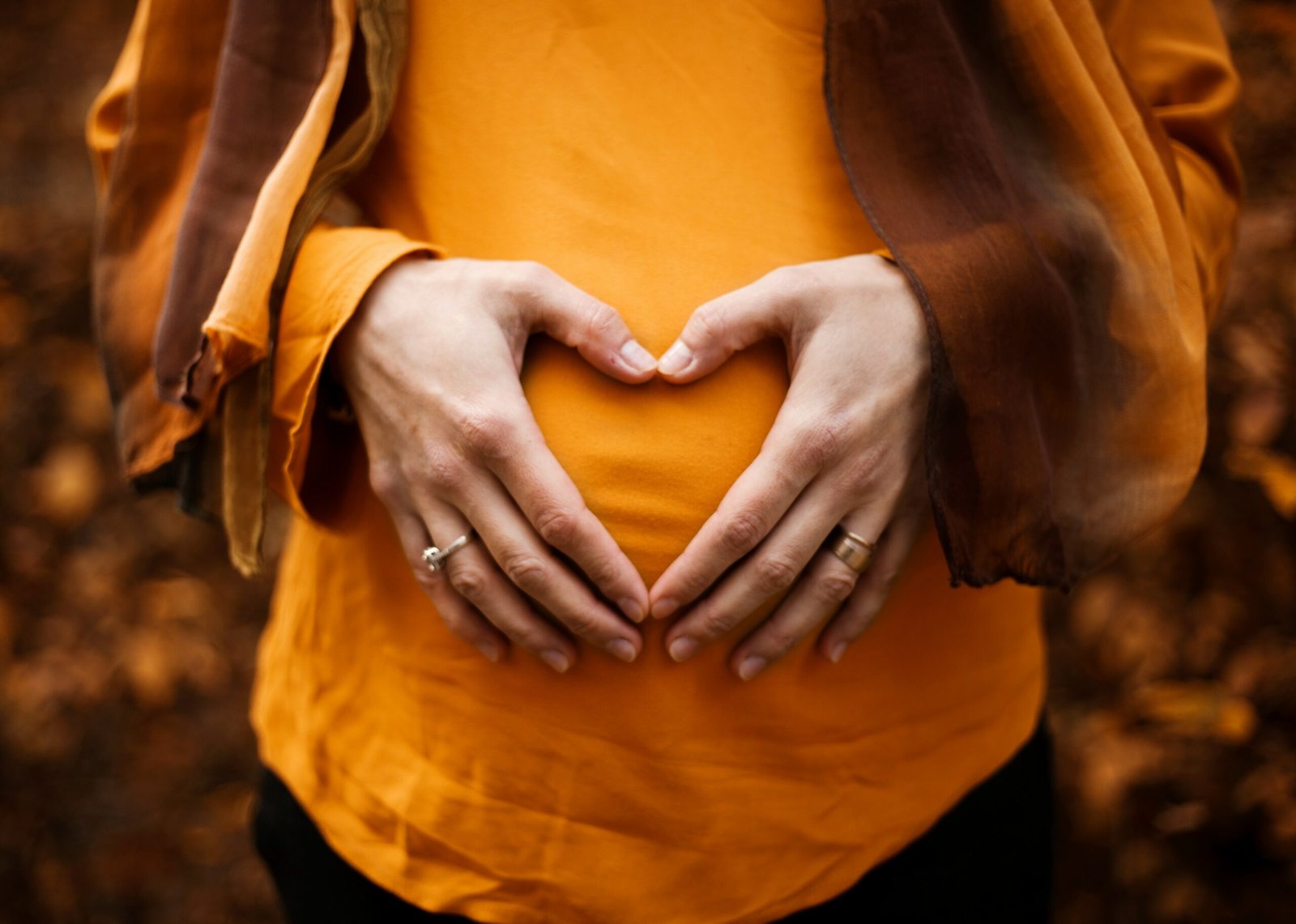Egg donation is a process that allows individuals or couples struggling with infertility to conceive a child using donated eggs. This method offers hope to those who may not be able to conceive using their own eggs due to various reasons such as maternal age, genetic disorders, or previous failed IVF attempts.
Table Of Contents
The Process of Egg Donation
Screening of Egg Donors
Before becoming an egg donor, candidates undergo a rigorous screening process to ensure they are physically and mentally healthy, and meet specific criteria set by fertility clinics or agencies.
Stimulation and Monitoring
Once selected, egg donors undergo ovarian stimulation using fertility medications to encourage the production of multiple eggs. Throughout this process, donors are closely monitored through blood tests and ultrasounds.
Egg Retrieval
When the eggs reach maturity, they are retrieved through a minimally invasive surgical procedure called transvaginal ultrasound aspiration.
Choosing an Egg Donor
Factors to Consider
Intended parents have the option to choose an egg donor based on various factors such as physical attributes, educational background, and medical history.
Legal and Ethical Considerations
It’s important for intended parents to navigate legal and ethical considerations surrounding egg donation, including parental rights, consent, and compensation for donors.
In Vitro Fertilisation (IVF) Process
Fertilisation of Donated Eggs
The retrieved eggs are fertilised with sperm from either the intended father or a sperm donor in a laboratory setting through the process of in vitro fertilization (IVF).
Embryo Transfer
Once fertilisation occurs, the resulting embryos are transferred into the uterus of the intended mother or a surrogate through a simple procedure.
Success Rates and Risks
Factors Influencing Success Rates
Success rates of pregnancy via egg donation vary depending on factors. This could include the age and health of the egg donor, quality of the embryos, and the recipient’s reproductive health.
Potential Risks and Complications
While it is generally safe, it may come with some risks. These include ovarian hyperstimulation syndrome (OHSS), multiple pregnancies, and emotional stress.
Emotional and Psychological Aspects
Coping with Infertility
The journey of infertility and assisted reproduction can be emotionally challenging for intended parents. Support from healthcare professionals, counsellors, and loved ones is recommended.
Emotional Considerations During the Process
Both egg donors and intended parents may experience a range of emotions throughout the process. Emotions range from excitement, anxiety, and uncertainty about the future.
Costs and Insurance Coverage
Financial Aspects of Egg Donation
The cost of pregnancy via egg donation can vary significantly depending on factors such as the choice of donor, fertility clinic fees, and additional medical expenses.
Insurance Coverage Options
The majority of insurance providers in the UK do not provide cover for fertility treatments, including egg donation and IVF, as they see this as a lifestyle choice rather than a medical necessity.
Legal and Ethical Considerations
Legal Rights of Egg Donors
Donors typically sign legal agreements relinquishing any parental rights to the resulting embryos or children born from the donation.
Ethical Concerns Surrounding Egg Donation
Debates surrounding ethical considerations in egg donation include concerns about exploitation of donors, commodification of reproductive material, and the rights of donor-conceived individuals.
Support Resources for Intended Parents
Counselling Services
Many fertility clinics offer counselling services to support intended parents and donors throughout the egg donation process, addressing emotional, ethical, and legal concerns.
Support Groups and Online Communities
Intended parents and egg donors can find valuable support and connection through online forums, support groups, and social media communities dedicated to infertility and assisted reproduction.
Future Outlook
Advancements in Egg Donation Technology
Continued advancements in reproductive technology, such as improvements in egg freezing techniques and genetic screening, may further enhance the success rates and safety of pregnancy via egg donation.
Potential Trends in the Field
Trends in egg donation may include increased use of frozen donor eggs, personalised donor matching services, and greater awareness of the emotional and ethical aspects of assisted reproduction.
Pregnancy via egg donation offers hope to individuals and couples facing infertility, providing a path to parenthood through the generosity of egg donors and the advancements of reproductive medicine. While the journey may present challenges and uncertainties, the ultimate reward of building a family can be immeasurable.
FAQS
What is the average cost of pregnancy via egg donation?
The average cost can vary depending on several factors, including the location of the fertility clinic, the specific services required, and any additional treatments or procedures involved.
How long does the process of egg donation and IVF typically take?
Overall, the entire process can take approximately 4 to 6 weeks from the start of ovarian stimulation to the embryo transfer.
Are there any age restrictions for egg donors?
Yes, there are typically age restrictions for egg donors, although the specific criteria may vary depending on the fertility clinic or agency. In general, most clinics prefer egg donors to be between the ages of 18 and 35. This age range is chosen because it represents a balance between the donor’s reproductive health and the quality of the eggs.
What are the legal rights of intended parents in the egg donation process?
In the egg donation process, intended parents typically have certain legal rights that protect their interests and establish their parental status. These rights may vary depending on the jurisdiction and any legal agreements entered into between the parties involved.
How can I find a reputable egg donation agency?
Research online, check credentials, seek recommendations from fertility specialists and enquire about donor screening.

